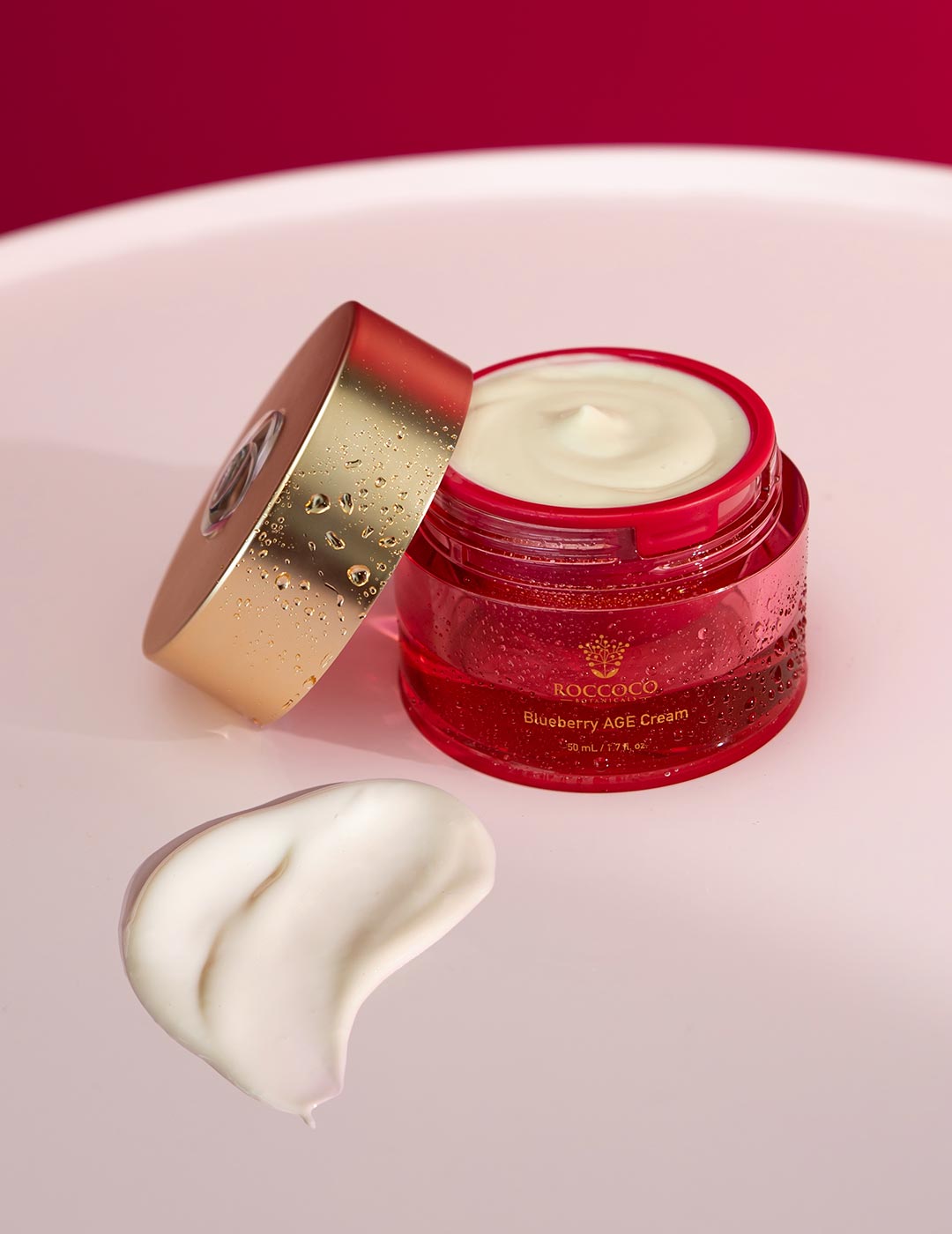Acne is a common skin condition that affects millions of people worldwide. It can be frustrating, painful, and can have a negative impact on self-esteem.
There are many misconceptions about what causes acne, such as poor hygiene or diet, but the truth is that acne is caused by a variety of factors, including genetics, hormones, and lifestyle.
In this blog, we will explore the most common causes of acne and provide some tips on how to deal with this skin condition.
Hormones: Hormonal changes are a major cause of acne, especially in teenagers and women. Hormones increase the production of oil in the skin, which can clog pores and cause breakouts. Women may experience acne during their menstrual cycle or pregnancy when their hormones are fluctuating. Hormonal acne is usually located on the chin, jaw, and neck. To manage hormonal acne, it is essential to maintain a healthy lifestyle, get plenty of rest, and manage stress levels.
Genetics: Another main cause of acne is genetics. If your parents had severe acne, you are more likely to have it too. Genetic factors determine the size and shape of your pores, how much oil your skin produces, and how your skin reacts to bacteria and inflammation. While you cannot change your genetics, you can manage your acne by incorporating the right skincare routine and avoiding triggers that can exacerbate your condition.
Diet: There is a strong correlation between acne and diet. Whilst your diet won’t cause acne, for those who are genetically prone to acne eating foods with a high glycaemic index has been shown to cause an increase in breakouts. There is also a direct correlation with dairy consumption and acne, with an increase of breakouts after more than one cup of milk consumption per day. The best diet for an acne client is low glycaemic index.
Skincare products: Poor skincare habits, such as not washing your face regularly or using harsh skincare products, can contribute to acne outbreaks. Some skincare products can clog pores or irritate the skin, leading to increased oil production and breakouts. Using non-comedogenic skincare products that do not contain harsh chemicals can help prevent and treat acne.
Lifestyle: Several lifestyle factors can trigger acne, including stress, lack of sleep, and smoking. High levels of stress can increase hormone levels, leading to more oil production and clogged pores. Sleeping well and practicing stress-reducing activities like yoga or meditation can reduce inflammation and lessen the severity and frequency of breakouts.

In conclusion, acne is a complex condition that can have many causes. The good news is that there are effective treatments and lifestyle changes that can help manage and prevent acne.
It is important to take a holistic approach to managing acne and to be consistent with your skincare routine.
At Roccoco, we offer a range of skincare products specifically designed for acne-prone skin to help you achieve clearer, healthier skin.
Read more

We all want to look and feel our best, but as we get older, our skin can start to age and lose its elasticity. There are so many skincare products out there that promise to help us achieve a youth...
More than 50% of cancer patients will receive some form of radiation treatment during their management of cancer. The side effects of this are generally erythema, edema, itching, pigmentation and ...



